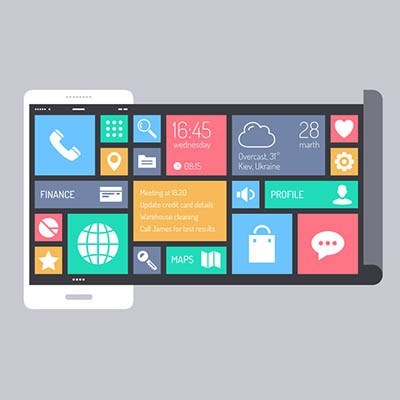If you asked your average person whether they are okay with their personal information being taken and used by businesses, you’d probably come across quite a bit of dissent. Ironically, it seems that people will give it right over via social media programs, but you are beginning to see some pushback when using apps. WhatsApp, the messaging app owned by Facebook, that is known for end-to-end encryption, has told users that they will soon be forced to share their personal data with Facebook.
Poweron Technology Blog
Anyone that has used a computer is familiar with the following scenario. A friend tells you a story about an app that is really useful or fun so you take a chance and download it. After you download and fire it up, you get a pop up asking if you want to allow notifications from that app. You blast “yes” just to get to the application and sometime later, you are asleep or working and you get a notification from the company behind the app you downloaded. Then you get another one, and another, and since you’ve blasted “yes” on 25 little pop-ups, you are getting a constant flow of notifications that you could completely do without.
Have you ever tried to open up a document and have your computer default to a program that you didn’t intend, or quite frankly, never use? This can often happen for common file types like PDFs. Thankfully, Windows 10 makes it easy to change the default applications for your organization’s file types. We’ll walk you through how it’s done.
Mobile devices have countless uses, all of which enable users to get the most out of them. But what if all of your efforts at finding the best applications for the job are wasted on finding a fraudulent app on the Google Play Store? Believe it or not, the Google Play Store has its fair share of malware available for download in all types of disguises. Here are a few tips to help you avoid installing them in the first place.
You can never know whether or not that app you just downloaded to your smartphone can expose your data or identity to risk. While Google Play and the iTunes store certainly put efforts into ensuring that users can safely browse their app stores, it’s unlikely that they can find every single malicious app out there before it infects someone’s device. Therefore, you need to consider the following measures to ensure that you don’t put your business at risk by downloading unsecure apps.






